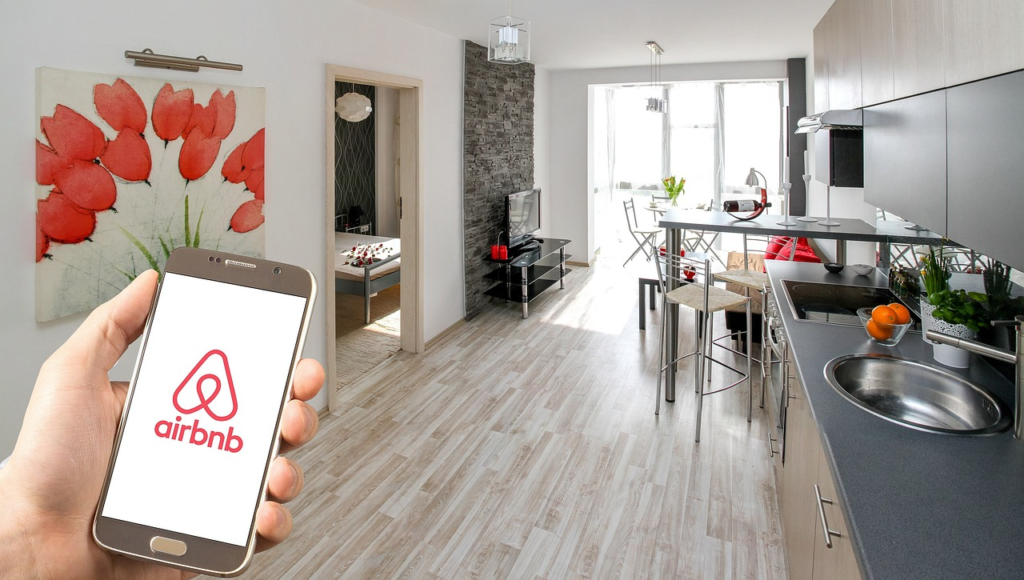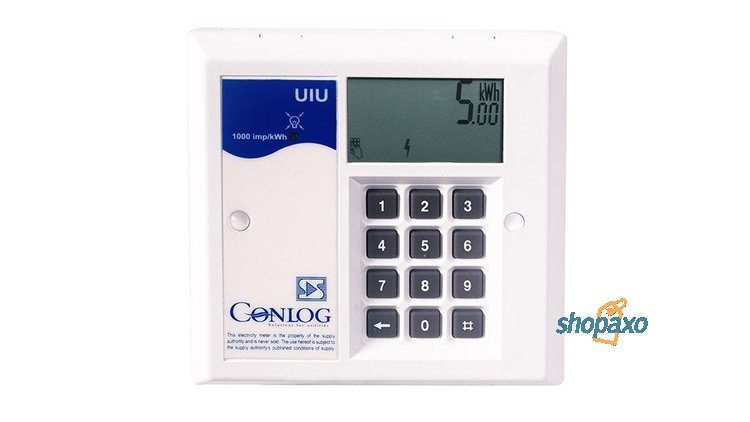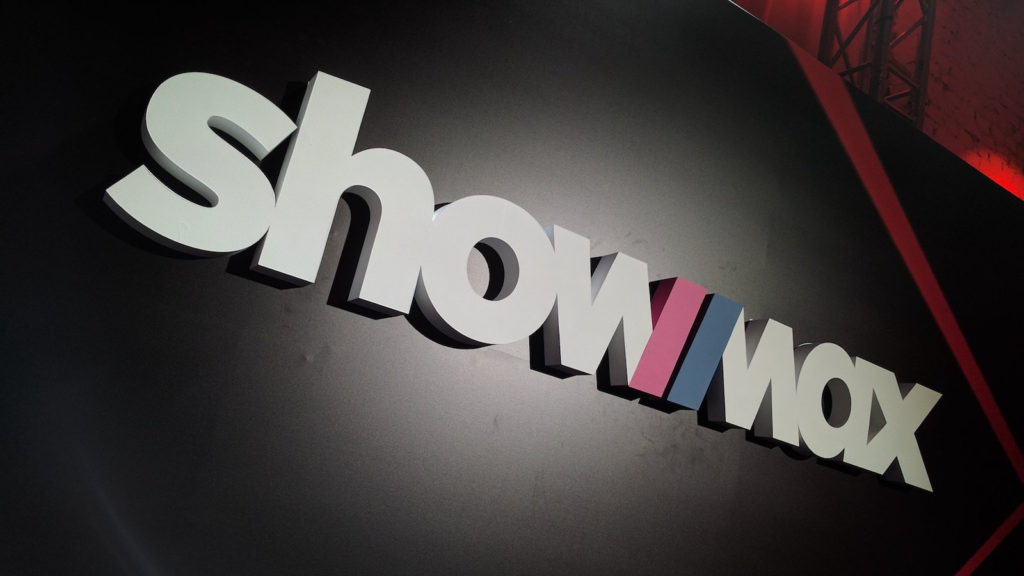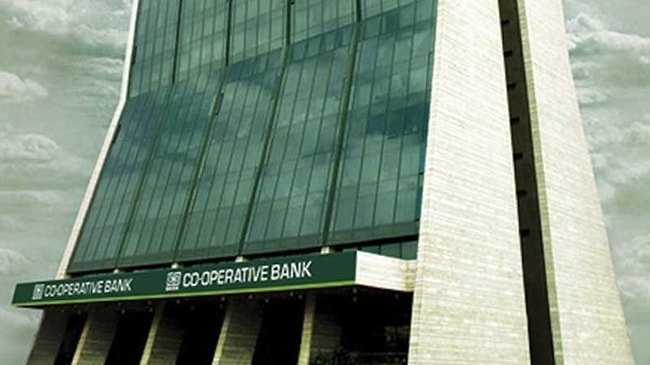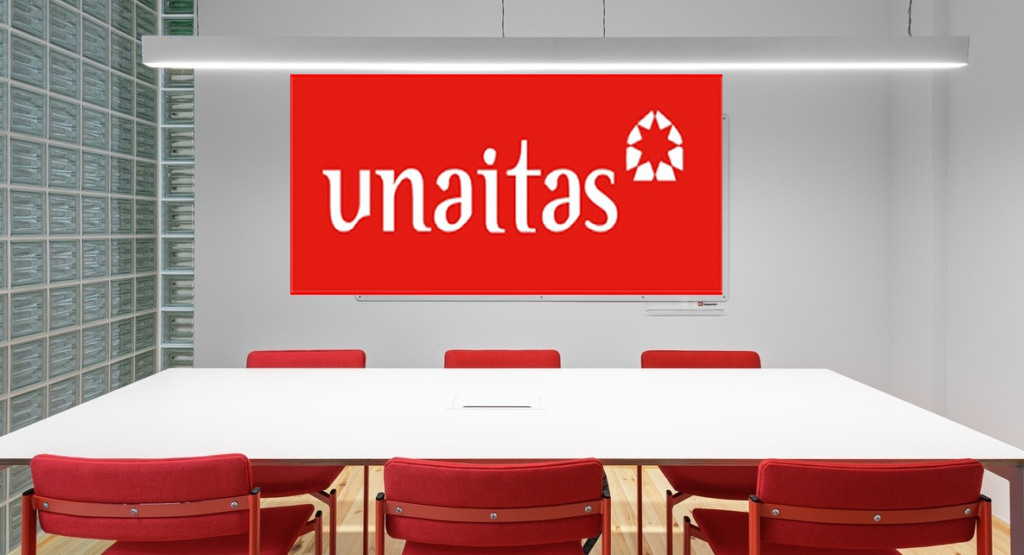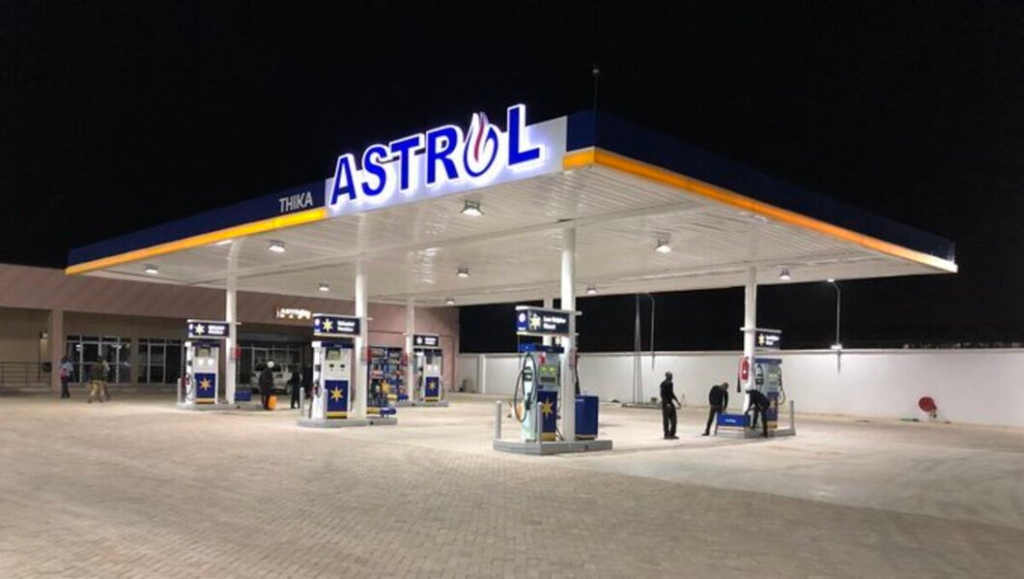Now Reading: Ravencoin’s Potential to Disrupt the Real Estate Industry with Asset Tokenization
-
01
Ravencoin’s Potential to Disrupt the Real Estate Industry with Asset Tokenization
Ravencoin’s Potential to Disrupt the Real Estate Industry with Asset Tokenization

In recent years, the real estate industry has witnessed a wave of technological advancements that have revolutionized the way transactions are conducted. One such innovation that holds immense potential to disrupt the industry is asset tokenization, and Ravencoin, a blockchain platform, stands at the forefront of this transformative movement. In this article, we explore the profound impact of Ravencoin’s asset tokenization on the real estate sector and shed light on its remarkable potential to revolutionize the industry. The power pack link with Bitcoin Bank Breaker makes the work easy for the investor.
Understanding Ravencoin and Asset Tokenization:
Ravencoin is an open-source blockchain platform that focuses on enabling the seamless transfer of assets between parties. Built on a Bitcoin codebase, Ravencoin offers a secure and decentralized platform for the creation and management of digital assets. Asset tokenization, on the other hand, involves the conversion of real-world assets, such as real estate properties, into digital tokens on a blockchain network. These tokens represent fractional ownership of the underlying asset and can be traded with ease, providing liquidity and accessibility to traditionally illiquid assets.
Enhanced Liquidity and Accessibility:
One of the key advantages that Ravencoin’s asset tokenization brings to the real estate industry is enhanced liquidity. Traditionally, real estate investments have been associated with high entry barriers and illiquidity, often tying up capital for extended periods. However, by tokenizing real estate assets on the Ravencoin blockchain, investors can easily buy and sell fractional ownership stakes in properties, opening up opportunities for small investors and increasing overall market liquidity.
Moreover, asset tokenization through Ravencoin enables fractional ownership, allowing multiple investors to hold shares in a single property. This fractional ownership model democratizes real estate investments, enabling individuals with limited resources to diversify their portfolios and participate in the lucrative real estate market.
Transparency and Security:
Ravencoin’s blockchain technology brings transparency and security to the real estate industry. By leveraging the immutable nature of blockchain, asset tokenization provides an auditable record of property ownership and transactions. This transparent ledger ensures that all stakeholders have access to accurate and tamper-proof information regarding the property’s history, ownership, and legal documentation.
Additionally, Ravencoin’s blockchain eliminates the need for intermediaries, such as banks and brokers, reducing the associated costs and potential for fraud. Smart contracts, a key feature of Ravencoin’s platform, enable automated execution of transactions, eliminating the need for manual processing and reducing the risk of human error.
Global Investment Opportunities:
Asset tokenization powered by Ravencoin unlocks new global investment opportunities in the real estate sector. By tokenizing properties, investors from around the world can gain exposure to diverse real estate markets without the limitations of geographical boundaries. This global accessibility fosters greater market efficiency and allows for the efficient allocation of capital across different regions.
Furthermore, Ravencoin’s platform facilitates cross-border transactions by streamlining the cumbersome process of transferring ownership and managing legal documentation. The digitization of assets enables instantaneous transfers and eliminates the need for complex and time-consuming paperwork, making international investments in real estate faster and more convenient.
Real-World Use Cases:
The potential of Ravencoin’s asset tokenization extends beyond theory, as real-world use cases have already started emerging. From residential and commercial properties to luxury resorts and even artwork, various assets have been successfully tokenized on the Ravencoin blockchain, creating new investment opportunities for individuals and institutions alike.
For instance, a luxury resort in a picturesque location might tokenize a percentage of its ownership, allowing investors to participate in the revenue generated by the property. Similarly, a commercial building could be divided into multiple tokens, enabling investors to own fractions of office spaces and benefit from rental income. These examples showcase the versatility and potential of asset tokenization in the real estate industry.
Conclusion:
Ravencoin’s asset tokenization has the power to revolutionize the real estate industry by introducing enhanced liquidity, transparency, security, and global accessibility. The ability to tokenize real-world assets on the Ravencoin blockchain opens up new investment opportunities for individuals and institutions, while also increasing market efficiency and reducing barriers to entry. As the adoption of blockchain technology continues to grow, Ravencoin’s potential to disrupt the real estate industry is poised to bring about a new era of innovation and inclusivity.






